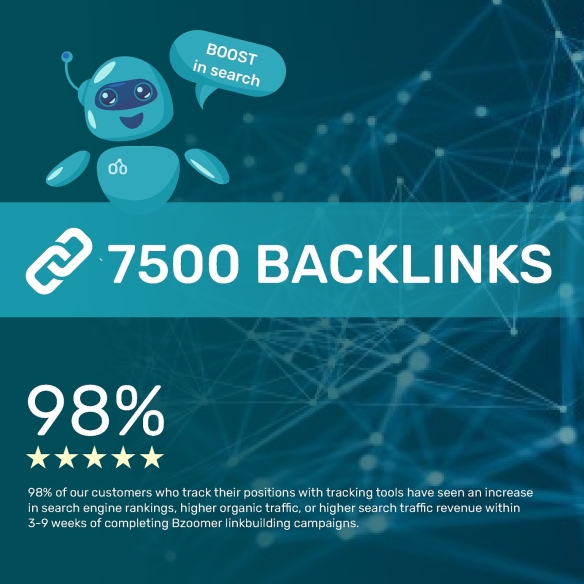In an era dominated by digital transformation, businesses are increasingly turning to advanced communication technologies to streamline operations and enhance customer interactions. Among these technologies, text messaging providers, Voice over Internet Protocol (VoIP) APIs, Communication Platform as a Service (CPaaS), and Session Initiation Protocol (SIP) trunking stand out as critical tools. Moreover, the concept of Bring Your Own Carrier (BYOC) introduced by companies like Twilio is further revolutionizing the way businesses handle communication.
The Rise of Text Messaging Providers
Text messaging provider have become essential for businesses looking to engage with customers directly and efficiently. With the ability to send alerts, reminders, and promotional content directly to a customer’s phone, these services offer an unmatched immediacy. This direct line of communication not only enhances customer service but also drives engagement by delivering tailored experiences to the end user.
VoIP APIs: Bridging Communication Gaps
VoIP APIs allow businesses to integrate voice calling capabilities directly into their applications, eliminating the need for traditional telephony infrastructure. These APIs enable seamless voice interactions across various platforms, ensuring that businesses can maintain connectivity without geographical boundaries. By integrating VoIP, companies can offer more flexible and cost-effective communication solutions to their customers.
The Evolution and Impact of CPaaS
CPaaS has emerged as a game-changer in the communications sector by providing businesses with a toolkit to build custom communication solutions. From real-time chat functionalities to video conferencing, CPaaS platforms offer a plethora of modules that can be integrated into existing business applications. This flexibility allows businesses to adapt quickly to changing market demands and customer needs without substantial upfront investment.
SIP Trunking: Enhancing Connectivity
SIP trunking is a method of sending voice and other unified communications services over the internet. It replaces traditional telephone lines and can significantly reduce costs associated with communication. By leveraging SIP trunking, businesses can scale their communication needs based on demand, manage costs more effectively, and improve reliability and voice quality.
Twilio BYOC: Customizing Communication Networks
Twilio's BYOC model represents a pivotal shift in how companies can manage their carrier relationships. This approach allows businesses to choose their network carrier for sending and receiving calls while still using Twilio’s powerful APIs and services. BYOC provides flexibility in negotiating carrier rates and offers the possibility of enhancing call quality and reliability by selecting carriers that best meet their specific needs.
As digital communication continues to evolve, the integration of these technologies into business operations becomes increasingly crucial. Text messaging providers, VoIP APIs, CPaaS, and SIP trunking are not just tools but essential components that shape the future of business communications. By adopting these innovations, companies can ensure they remain competitive in a fast-paced, ever-changing global market.


